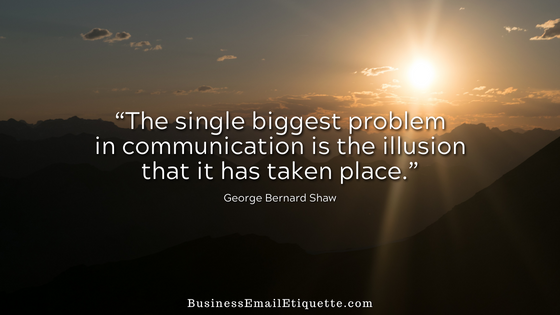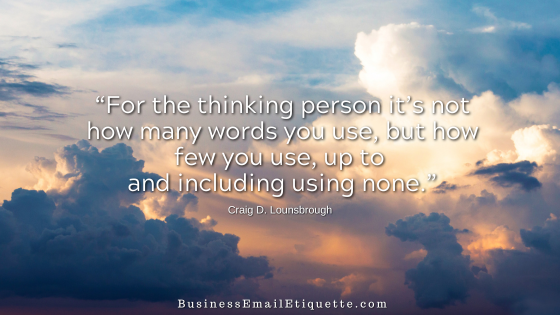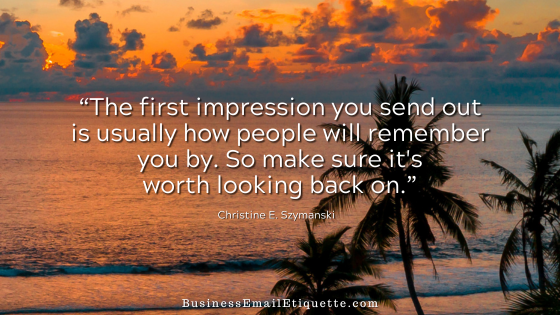When is Business Email Spam Not Spam?
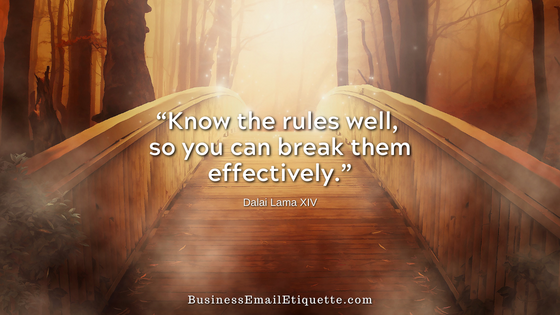
First, let’s look at the official definition of spam:
Simple Definition of Spam
email that is not wanted : email that is sent to large numbers of people and that consists mostly of advertising
Full Definition of Spam
unsolicited, usually commercial, email sent to a large number of addresses
Source: Merriam-Webster’s Learner’s Dictionary
Okay, now that we have that on the table, the point of contention is “a large number of people/addresses.” So if we don’t send to large numbers at once and email folks individually, is that okay, and is your unasked commercial email not spam?
Templated Business Email is Spam
No, and yes.
I have received emails informing me that sending advertising to one person at a time is okay, even though they did not request or ask for the info. One, in particular, criticized me, demanding that I change my site to clarify that emailing one person directly (someone who didn’t ask for their commercial pitch) was not spam.
I guess it is convenient to ignore the “unsolicited” and “not wanted” parts of the definition.
So, when is spam not spam?
When the email is completely tailored to the individual, it is being sent to. It is not a template nor a copy-n-paste into a website form; hit send and be done.
I always receive template copy-n-paste emails through my business consulting website addressed to Dear Sir. The email could go to anyone — and I am not a Sir.
With minimal effort, one would determine that, like the fact that my name is on most pages, or just clicking on the About link at the top of every page.
Not making an effort to find out I’m not a Sir or even notice my name on every page, and guess what? You just spammed me.
You sent me something I didn’t ask for that doesn’t apply to me specifically, and didn’t even take the time to know who you are addressing. That is SPAM.
Clues that Spam is Spam
Here is another example.
I get email inquiries from SEO companies who want to get their client’s guest posts on this site. But, of course, that’s what they are paid to do — a commercial motive.
Many times their post topics are not even related to Business Email Etiquette. Maybe they get paid by the number of sites contacted, not the results of getting posts accepted?
Why would I take seriously a copy-n-pasted inquiry addressed to the “Business Email Team” (again, it’s just me — easy to find that out). Why should I consider their request to get one of their client’s off-topic articles on my site?
Hmmm…
Did they not see the comment on my contact page noting I do not accept sponsored or guest posts? If they did, they ignored that and emailed anyway. SPAM.
They clearly didn’t read the contact page they used to send their “inquiry.” Instead, full steam ahead to the contact form fields to get what they wanted in front of me regardless. Didn’t take the time to read my site and find the info you seek? SPAM.
Or the request was sent to an email address that was scraped. In other words, an address used for specific activities on my website — not my direct email. That is an immediate red flag that they just had an address, any address, and sent their pitch.
Yes, you can send unasked-for commercially driven emails to individuals without their permission first. But, with that approach, I wouldn’t expect a response.
Do Your Homework
From a professional business perspective, you had better darned well do your homework. Know who you are contacting, and tailor your message directly and in great detail to those you intend to send your pitch.
Your best bet is to send a short email, noting what you have to offer and if it is okay to send additional information. If the other side is interested, you’ll hear from them. If you don’t, you’ve got your answer.
And don’t rub salt in the would by sending incessant automated follow-ups. Those who use that approach are marked as spam/junk, never to be seen by me again.
By not sending business email inquiries properly, you are no different than the mass email spammers. DELETE. And that is not at all good for business.
